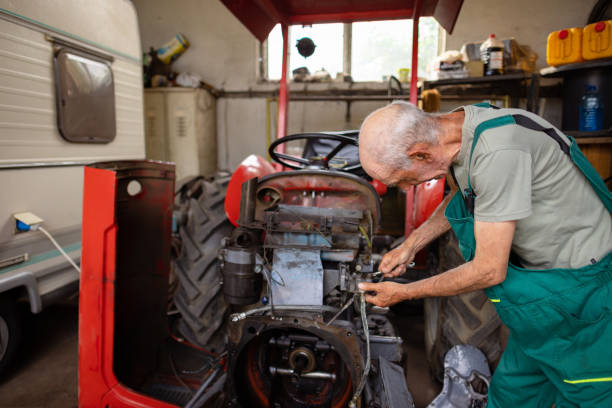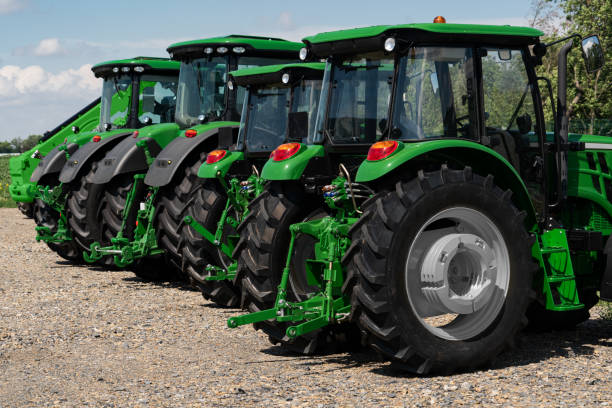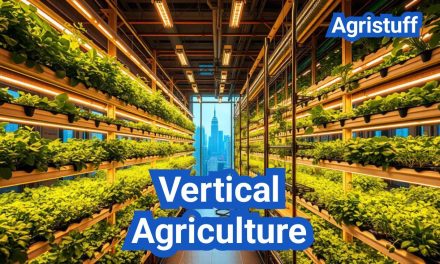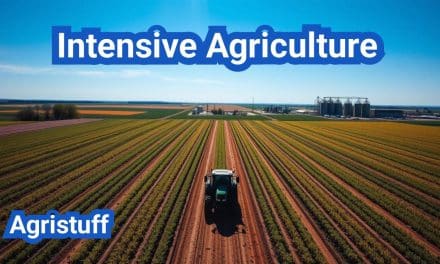Agriculture has always been the backbone of human civilization, and today, it’s evolving faster than ever. Modern farming is no longer just about traditional methods; it’s about leveraging advanced machinery to boost productivity, reduce labor, and promote sustainability. But with so many options available, how do you choose the right agricultural machinery for your needs? In this article, we’ll explore five golden tips to help you make the best decision, ensuring your farming operation thrives.
1. Understand Your Farming Needs
Before diving into the world of agricultural machinery, it’s crucial to understand your specific farming needs. Ask yourself:
- What type of crops do you grow?
- How large is your farming operation?
- What are the climate and soil conditions in your region?
For example, rice farming requires specialized equipment like rice transplanters, while wheat cultivation may need reapers and threshers. Larger farms might benefit from heavy-duty tractors and combine harvesters, while smaller operations could opt for compact, multi-purpose machinery. By identifying your unique requirements, you can narrow down your options and avoid unnecessary expenses.

2. Set a Realistic Budget
Agricultural machinery is a significant investment, so it’s essential to set a realistic budget. Consider not only the upfront cost but also long-term expenses like fuel, maintenance, repairs, and potential upgrades. While it might be tempting to go for the most advanced equipment, it’s important to balance cost with functionality. Sometimes, a mid-range machine with good durability and efficiency can be a smarter choice than a high-end model that strains your finances.

3. Research Machinery Capabilities
Not all expensive machinery is the best fit for your farm. Take the time to research the capabilities of each machine. Look for features that align with your farming goals, such as fuel efficiency, ease of operation, and compatibility with other implements. For instance, if you’re investing in a tractor, consider whether it can handle attachments like plows, seeders, or sprayers. Understanding the machine’s capabilities ensures it will meet your production needs and deliver value for money.
4. Test Before You Buy
Agricultural machinery is a long-term investment, so it’s crucial to test it before making a purchase. Request a demo or trial period to evaluate the machine’s performance in real-world conditions. Check for ease of use, noise levels, fuel consumption, and overall efficiency. Testing the equipment helps you avoid costly mistakes and ensures you’re investing in a machine that will truly enhance your productivity.
5. Choose a Reliable Dealer
Always buy from a reputable dealer. Agricultural machinery is a significant investment, and you want to ensure you’re getting a quality product with reliable after-sales support. Look for dealers who offer warranties, maintenance services, and spare parts. Reading customer reviews and seeking recommendations from fellow farmers can also help you find a trustworthy supplier. A reliable dealer not only provides peace of mind but also ensures your machinery remains in top condition for years to come.
The Role of Technology in Modern Agricultural Machinery
Technology is revolutionizing agriculture, and modern machinery is at the forefront of this transformation. From autonomous tractors guided by GPS to drones that monitor crop health, advanced equipment is making farming more efficient and sustainable. Innovations like telematics allow farmers to track machinery performance remotely, while robotics and AI are automating tasks like planting, harvesting, and even milking. Embracing these technologies can give your farm a competitive edge, but it’s essential to stay informed and choose solutions that align with your specific needs.
Maintenance and Safety: Keys to Longevity
Even the best machinery won’t perform well without proper maintenance and safety practices. Regular cleaning, lubrication, and inspections can prevent breakdowns and extend the lifespan of your equipment. Additionally, ensure operators are well-trained and follow safety protocols to avoid accidents. Investing in personal protective equipment (PPE) and adhering to regional safety regulations further safeguards your team and machinery.

Conclusion
Choosing the right agricultural machinery is a critical decision that can significantly impact your farm’s productivity and profitability. By understanding your needs, setting a budget, researching capabilities, testing equipment, and buying from reliable dealers, you can make an informed choice that benefits your operation in the long run. As technology continues to evolve, staying updated on advancements and prioritizing maintenance will ensure your machinery remains a valuable asset for years to come.










